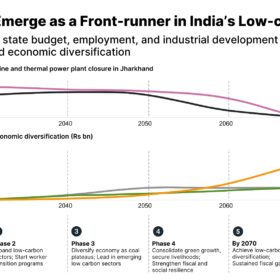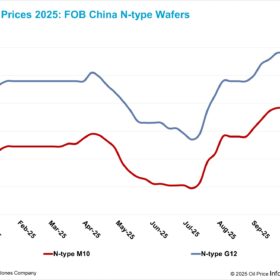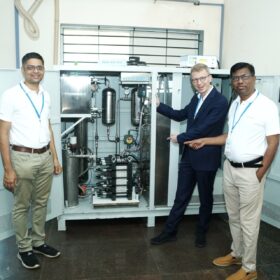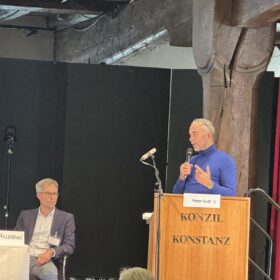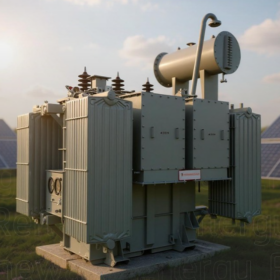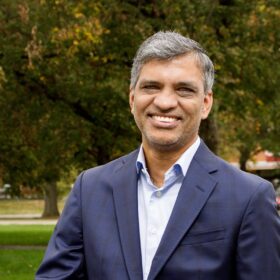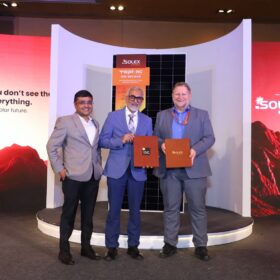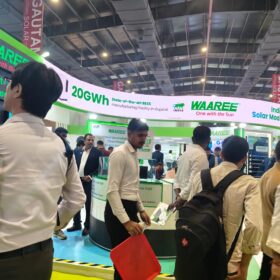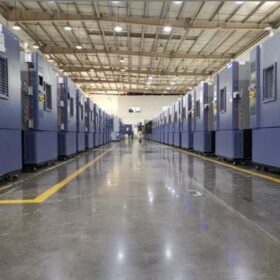Jharkhand can emerge as a front-runner in India’s low-carbon transition
Jharkhand’s vast renewable energy potential, combined with its industrial base and critical mineral reserves, positions the state to emerge as a hub for low-carbon manufacturing, ranging from EVs, solar panels and battery energy storage systems (BESS) to green hydrogen production.
Solar wafer prices stable, with emerging downward pressure despite policy interventions
In a new weekly update for pv magazine, OPIS, a Dow Jones company, provides a quick look at the main price trends in the global PV industry.
Goldi Solar unveils 665 Wp back-contact PV panel with 24.6% efficiency at REI 2025
Goldi Solar has introduced its new HELOC PLUS G12R Series IBC (interdigitated back-contact) modules, offering power outputs ranging from 635 Wp to 665 Wp and efficiencies between 23.5% and 24.6%.
The Hydrogen Stream: HYDGEN raises $5 million to deliver industrial-scale green hydrogen on-site and on-demand
The investment, led by energy transition-focused venture capital firm Transition VC, will accelerate HYDGEN’s efforts to make ultra-pure, cost-efficient hydrogen available directly at the point of use through its anion exchange membrane (AEM) electrolyzer technology.
‘Solar modules could be produced in Europe at €0.15/W’
At the Modules and Material Worksop in Konstanz, organized by solar manufacturing engineering company RCT Solutions and ICS Konstanz, experts from the European PV equipment production industry gathered to discuss the current and future trajectory of manufacturing costs, technology advancements and equipment and raw material capabilities. RCT Solutions CEO, Peter Fath, told pv magazine that a European 1 GW module assembly facility using the same supply chain as Chinese Tier 1 counterparts could reach module manufacturing costs of €0.11-0.12/W.
China module prices climb 1.14%, industry awaits polysilicon consolidation plan
In a new weekly update for pv magazine, OPIS, a Dow Jones company, provides a quick look at the main price trends in the global PV industry.
Asian solar companies meet France’s carbon rules for reduced residential VAT
Chinese manufacturers such as JinkoSolar and DMEGC Solar have launched low-carbon PV modules that comply with France’s 530 kgCO₂eq/kWp threshold for residential systems eligible for a 5.5% value-added tax (VAT) rate, with more compliant products expected.
Premier Energies acquires 51% stake in power transformer company Transcon Ind
Premier Energies Ltd will subscribe to 1,04,082 equity shares of Hyderabad-based Transcon Ind Ltd at a price of INR 48,069 per share, for a total consideration of INR 500.3 crore. This strategic investment marks Premier Energies’ entry into the power transformer manufacturing segment.
Beyond energy independence: Backward integration as India’s edge
Countries reliant on imported minerals and components are rethinking energy strategies in solar, batteries, and green hydrogen. Securing upstream and midstream processes is no longer optional but essential for flexibility. India’s integrated approach across mining, processing, and manufacturing positions the country as a challenging player on the world stage.
“Placing Scope 3 emissions at the center of a corporate net-zero strategy ensures true lifecycle accountability”: GNFZ CEO
Mahesh Ramanujam, CEO of the Global Network for Zero (GNFZ), discusses why Scope 3 emissions must be at the core of any corporate net-zero strategy. He also explores the evolving global and Indian regulatory landscapes, the role of independent certification in ensuring accountability, and shares a real-world case study of how GNF helped an organization design or implement a customized pathway to tackle Scope 3 emissions.
